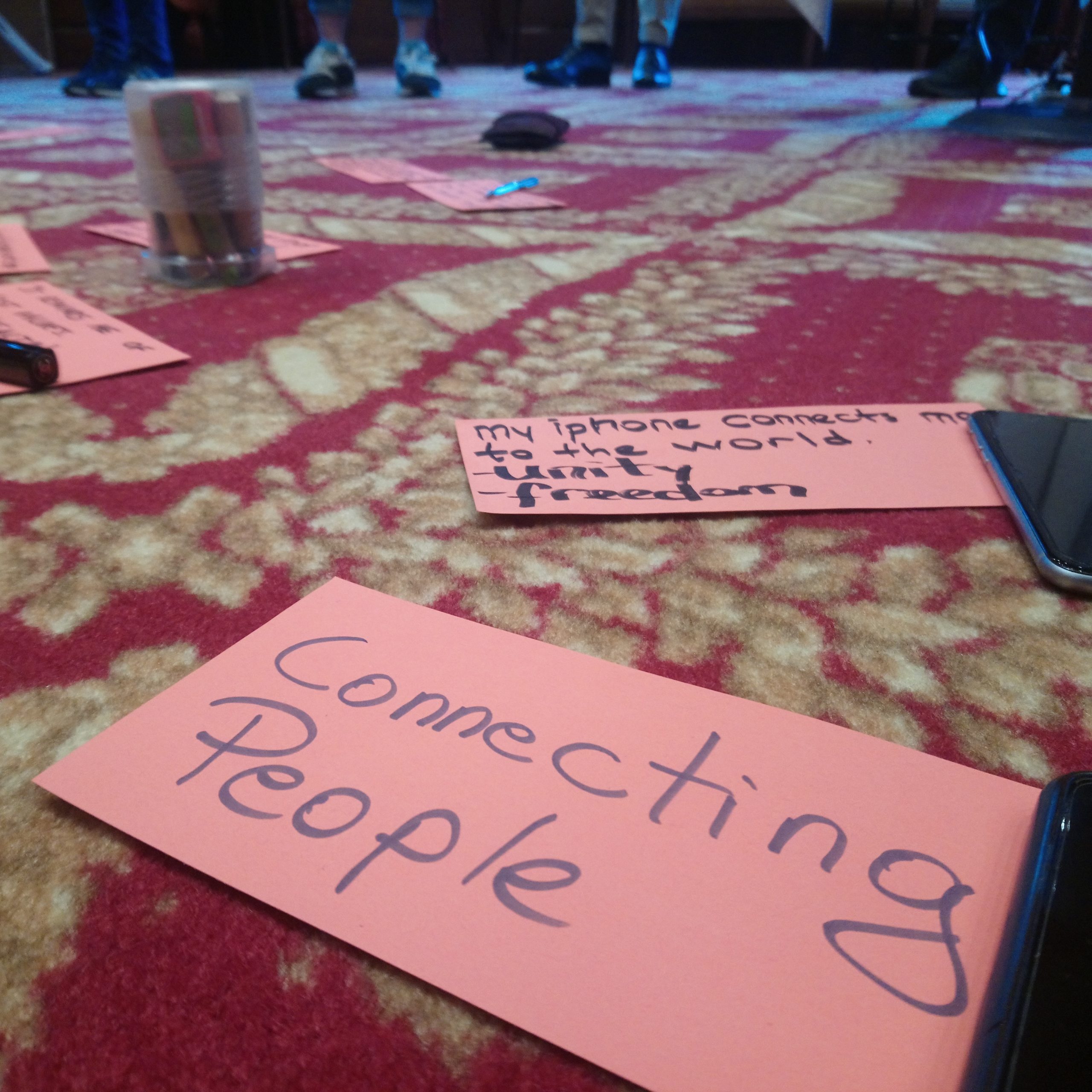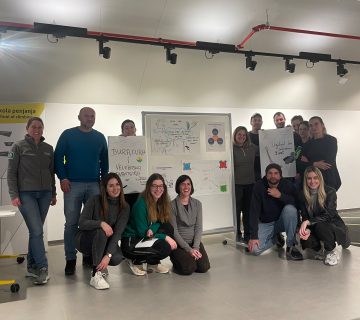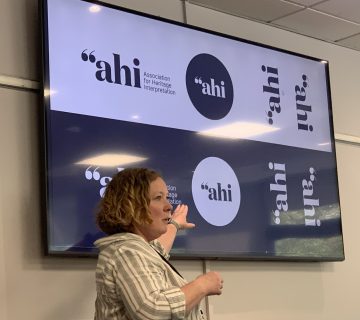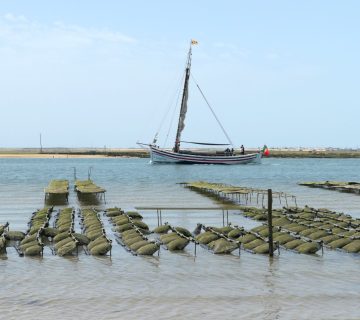UNESCO sites will pilot a holistic approach to interpretive planning.
Interpret Europe, in partnership with UNESCO, is embarking on an exciting initiative to develop a ground-breaking methodology that shall transform UNESCO-designated sites into hubs for participatory learning through heritage interpretation, while tackling global challenges through heritage interpretation.
The project, led by the UNESCO Regional Bureau for Science and Culture in Europe and supported by the EU funded CC4WBs project, is set to pilot in Kotor, Montenegro, between 2024 and 2026. Alongside Kotor, other UNESCO sites across Europe were selected to participate as additional pilot areas, benefiting from international training and collaboration while at the same time allowing to test the new methodology in different local contexts. These other pilot areas will be announced during the first in-person training of the course, due to take place in Kotor on 28-31 October.
The collaborative vision
IE’s collaboration with UNESCO began in 2019, gradually evolving through workshops and regional courses aimed at visitor centres and heritage sites in Europe. A significant milestone was reached in 2023 at IE’s annual conference, Creating Learning Landscapes through Heritage Interpretation. Drawing from this, the new initiative extends the approach, linking it closely to UNESCO’s values of peace, intercultural dialogue, and sustainable development.This collaborative project also aligns with the UNESCO Framework for Culture and Arts Education (2024), which advocates for heritage sites as vital learning environments, both formally and informally.
The learning journey in three phases
The project will unfold in three phases. First, each region will form a local consortium and nominate two participants for an intensive Interpretive Agents training workshop, scheduled for the end of October 2024 in Kotor. Post-training, these agents will work closely with IE mentors, involving local communities, to craft interpretive strategies tailored to their regions.
In the second phase, IE certified trainers will conduct Certified Interpretive Planner (CIP) courses, creating interpretive plans for several individual heritage sites from the region.
Following this, Certified Interpretive Guide (CIG) and Certified Interpretive Writer (CIW) courses will help local participants develop programmes and exhibits, integrating interpretation with the strategic goals of each site. All the plans shall link to the overarching interpretive strategy.
Moving forward
As the Learning landscapes project takes shape, a new chapter in heritage interpretation is unfolding – one that embraces education for sustainable development, global citizenship, and intercultural understanding. For all involved, from site managers to local participants, this initiative promises to deepen connections to heritage, inspire action, and contribute to a brighter, more inclusive future.
For more information and updates, keep an eye on the IE website as we continue to shape this exciting journey!
https://interpret-europe.net/initiatives/learning-landscapes-value-based-interpretive-planning-at-unesco-designated-sites-2024-2026/
https://www.unesco.org/en/articles/enhancing-unesco-designated-sites-learning-landscapes
Vanessa Vaio has a degree in Natural Sciences and 30 years of experience, cultivating her love for gardens, landscapes and the stories that connect people and places. From designing masterplans for historical sites to training educators and guides, Vanessa has collaborated with famous museums, villas and parks, such as Villa Carlotta, and UNESCO sites including Mantova and Sabbioneta. Today she is dedicated to inspiring individuals and organisations to tell their heritage stories with authenticity and passion. She is IE’s Country Coordinator Italy. You can contact her at: vaio.vane@gmail.com.
To cite this article: Vaio, Vanessa (2024) ‘Kick-off for the Learning Landscapes initiative ‘ in Interpret Europe Newsletter 3-2024, pg.6.
Available online: PDF-Newsletter_2024_3.pdf




